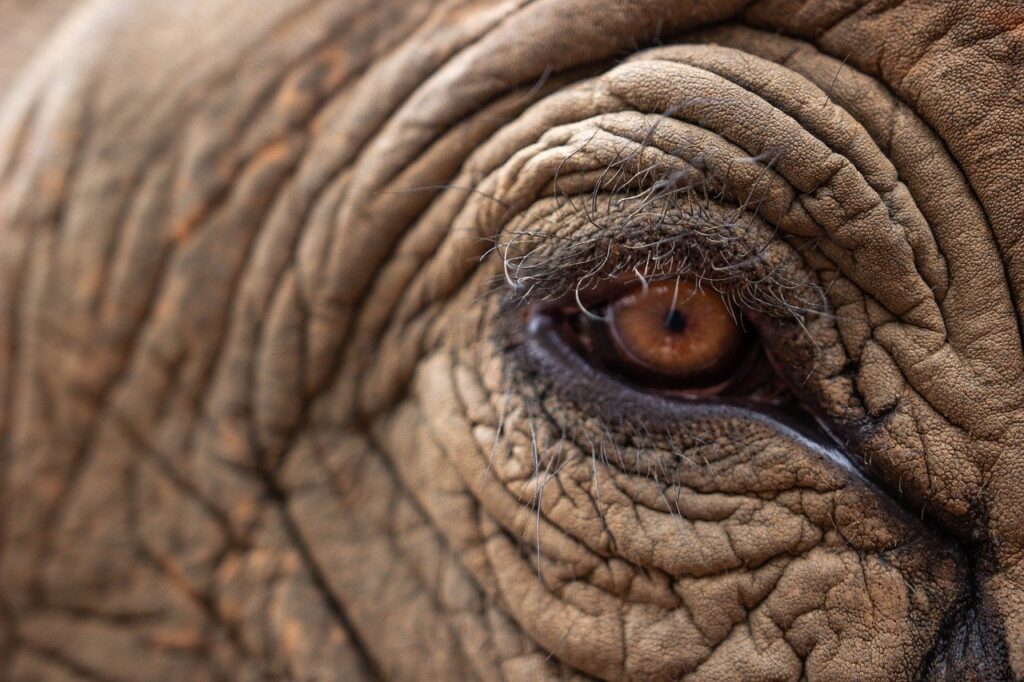The Independent Corrupt Practices and other related Offences Commission (ICPC), yesterday, accused the private sector of being behind 60 per cent of illegal movement of funds from Africa to foreign nations.
Its Chairman, Prof. Bolaji Owasanoye, made the submission when council members of the African Bar Association (AFBA), led by their President, Hanniba Uwaifo, visited the commission’s corporate headquarters in Abuja.
ICPC’s spokesperson, Mrs. Azuka Ogugua, in a statement, quoted her boss as stating that perpetrators of illicit financial flows (IFFs) channel the funds through commercial activities, enabled by the private sector.
His words: “A bulk of corruption going on in the country is caused or perpetuated by the private sector. About 60 per cent of funds taken or stolen away from Africa through IFFs are being done by the private sector, basically through commercial transactions, seemingly harmless transactions that are put together by accountants, auditors and bankers.”
Noting that graft was debilitating to a nation, Owasanoye explained that his agency was focusing on public sector corruption because of its negative impact on Nigeria and the private sector
Listing some of the progress made by the agency to include de-emphasising confession-based investigation, a world-class forensic laboratory, staff auditing and capacity building, the ICPC boss charged AFBA to play a positive role in regulating lawyers’ effectiveness in the fight against the economic crime, just as he pledged the commission’s support for the upcoming Anti-Corruption Conference of the attorneys in Niamey, Niger Republic.
Earlier, the AFBA chief, Uwaifo, traced the problem in Africa to corruption, which according to him, has led to the underdevelopment of the continent.
He stressed that the second largest continent in the world would not grow unless the menace is painstakingly tackled, adding that the globe was worried about the level of corruption in Africa.
Uwaifo lamented that public sector graft perpetrated by government officials had held Nigeria back from achieving greatness.
He enumerated some of the corrupt practices committed by public office holders as election malpractices, banditry and employment of lackeys into anti-corruption agencies for selfish ends.
On the way forward, the AFBA president advised that anti-graft agencies could be strengthened through regular audits of staff and materials.
He commended the ICPC for due diligence and observance of rule of law in the prosecution of accused persons.
SIMILARLY, the anti-graft agency is partnering with the Universal basic Education Commission (UBEC) to contain the menace.
UBEC’s Executive Secretary, Dr. Hammid Bobboyi, who made the disclosure at the inauguration of members of the body’s Anti Corruption and Transparency Unit (UBEC ACTU), noted: “UBEC will continue to operate within the provision of global best practices and ensure that our staff continue to live above board and shun all forms of corrupt practices.”
Represented by the Director, Finance and Accounts, Sir Mike Aule, he added: “It is no longer secret that corruption is pervasive in Nigeria. Not only do we experience poor service delivery and lack of due process in the conduct of government business in the country, we also have penchant for embezzlement of public funds.”
.
By Sodiq Omolaoye and Kanayo Umeh, July 28, 2021, Published on The Guardian Nigeria






